Shovelling muck and baking scones: The inner city farm helping vulnerable students stay in school
Jabed Ahmed visits Oasis Farm Waterloo, a charity initiative seeking to provide ‘farming therapy’ to vulnerable children across London

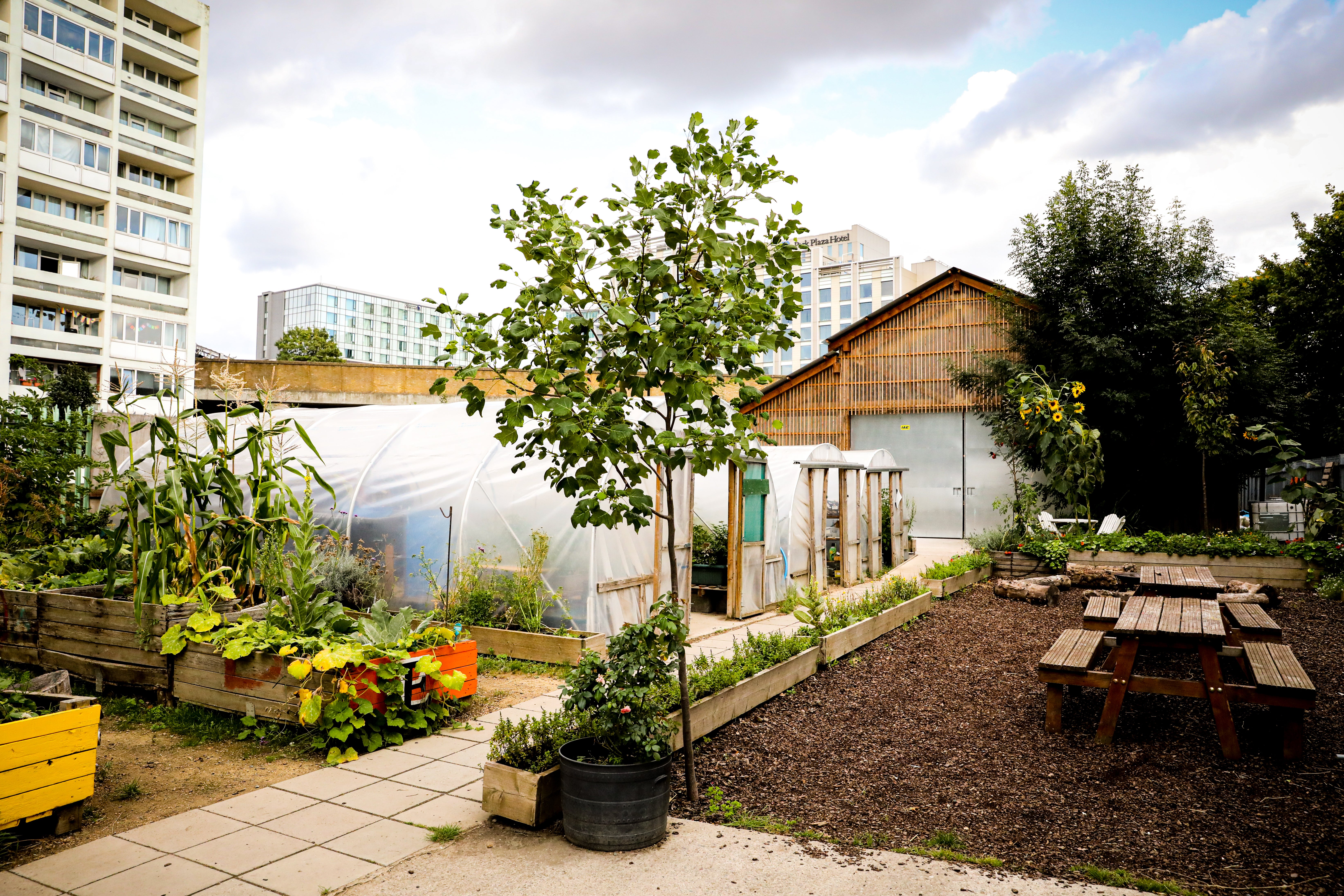
On a patch of disused land outside St Thomas’ Hospital, hidden between railway tracks and council blocks, lies a city farm that is home to goats, lambs and chickens.
Oasis Farm Waterloo, near Lambeth, is London’s most central grazing space, and a stone’s throw away from the Houses of Parliament. The charity that owns the farm inherited the previously derelict wasteland from the Guy’s and St Thomas’ Charity, after the hospital realised it couldn’t build on the ground as it was infested with Japanese knotweed.
The programme, in partnership with Jamie’s Farm, aims to provide educational and therapeutic care for the most vulnerable children around the capital, tackling challenging behaviour and improving their self-esteem.
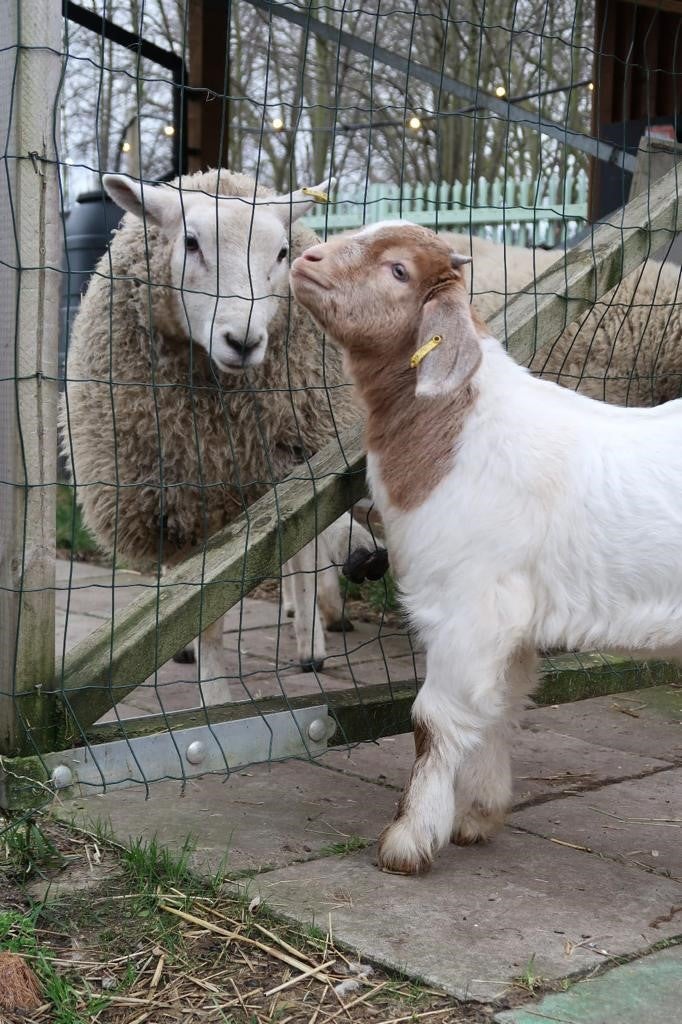
During the 2021/22 academic year, the farm provided an escape for almost 300 students of all ages, including via targeted programmes for young people at risk of gang involvement. More than a quarter of children attending sessions at the farm were eligible for the government pupil premium – a grant to improve educational outcomes for disadvantaged pupils. At least two-thirds have special educational needs and disabilities.
As we sit in a small classroom at the back of a traditional stately barn, Luke Rosier, farm manager, tells me about the importance of providing alternative solutions for children at risk of exclusion and crime.
“A lot of the children we work with are vulnerable,” he says. “There are always things going on in their life, whether it’s children in care, issues at home, experiencing bullying and poor mental health. Their behaviour gets to the point where schools are really struggling to keep them in class. A lot of the time these children become introverted, struggle to engage with their peers, and their attendance drops.
“The farm gives students a completely different space than what they are used to. It’s not home or school – it’s a space where the rules, expectations and criteria for success are quite different.
“We want students to throw themselves into tasks and show respect towards their work and others; to try things they are not familiar with. That might be cleaning out the goat pen, sawing wood, making scones, or planting courgette seeds.”
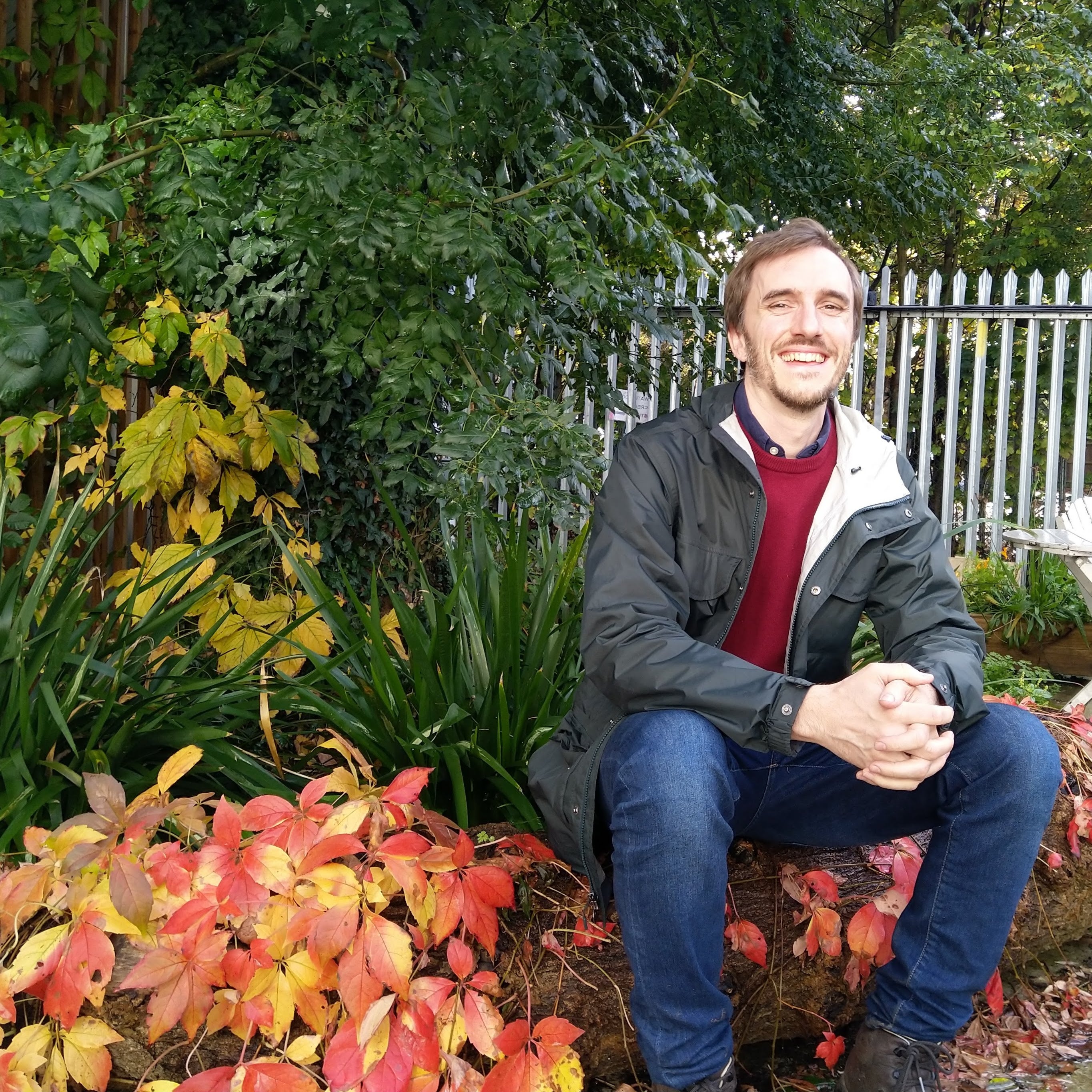
Data from the Office for National Statistics shows that more than half of all young adults in prison were persistently absent during schooling, and a large share of those in custody are identified as having been vulnerable during childhood.
This is known as the “school-to-prison pipeline”, whereby students are pushed out of schools – due to behavioural issues – into alternative education provision and often end up in prison. In the 2021-22 academic year, almost 6,500 students in schools across England were permanently excluded from school, and more than 570,000 pupils were suspended.
While it may seem trivial for a child who struggles with school to plant carrots and clean up compost, Rosier explains the psychological benefits of working on the farm – what he calls “farming therapy”.
“Most people do quite well if they are given meaningful, tangible and practical things to get on with,” he explains. “We are giving the children something practical, which they hopefully find enjoyable.
“We want to enable change through the relationships we build with the students, so they have honest conversations with us. Ultimately, we build a space where children feel valued, listened to, appreciated and respected.
“The students we work with may not have the best home lives, and there’s something about bringing people together in a small enough group where you can feel like a family, and having that social time, respect, care, and guidance.”
At the end of the six-week programme, more than 65 per cent of students who are referred to the farm for disruptive behaviour show an improvement at school, and almost eight out of 10 students show improved mental wellbeing and self-esteem.
This therapeutic approach to tackling youth vulnerability in the capital has been welcomed by leaders, including London mayor Sadiq Khan.
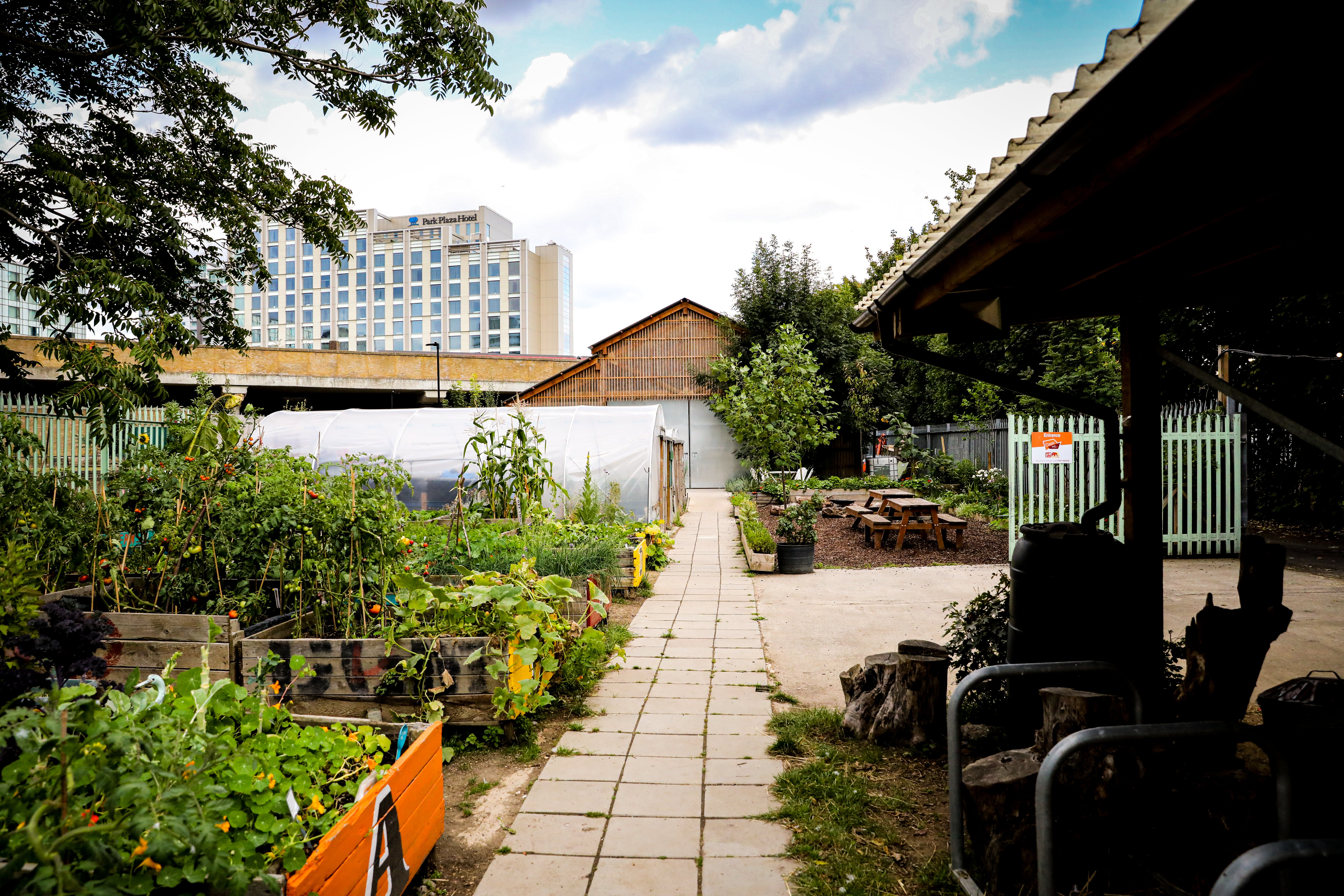
Speaking to The Independent earlier this year about initiatives to tackle knife crime in the capital, Khan said: “We will not arrest ourselves out of this problem. There must be a combination of prevention and intervention along with enforcement.
“We must look at the root causes of criminality without excusing it – the causes are complex, but they include deprivation, poverty, lack of opportunities, and alienation. If we do not seek to remedy these issues, more young people will carry knives and join the criminal world.”
His comments followed a report by His Majesty’s Inspectorate of Constabulary and Fire & Rescue Services that found that vulnerable children are being put at risk by the way the Met Police handles child protection.
The inspectorate said it was particularly concerned about the “frequent use of victim-blaming language”, which can hamper police investigations and leave young people unprotected.
For students who are not academically gifted, the programmes at the farm provide something positive for them away from the pressures of decrypting the Pythagoras theorem or Shakespeare’s sonnets.
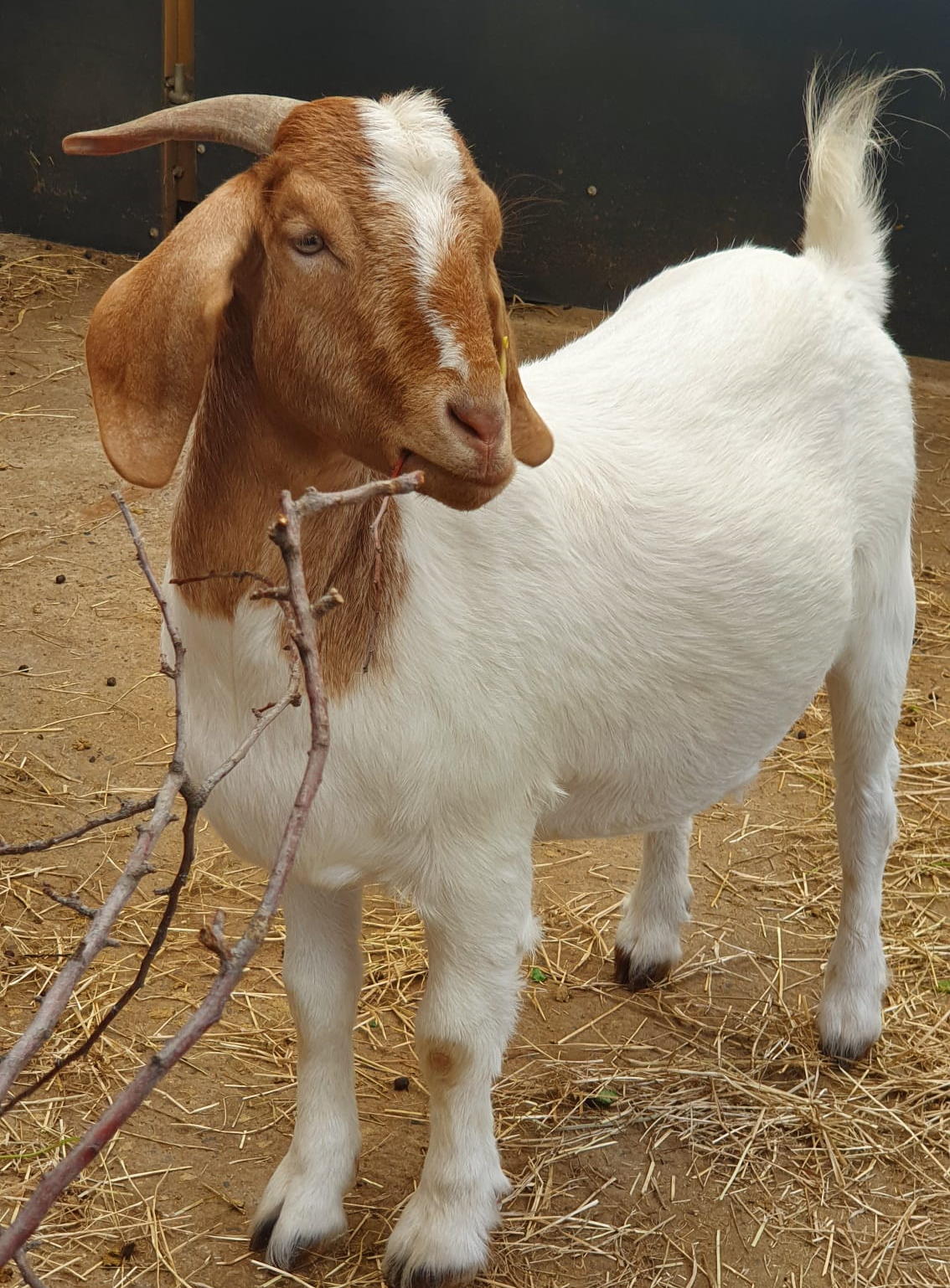
One teacher visiting the farm with a group of students said: “The atmosphere is so positive, students are comfortable to reveal their feelings more readily. This allows us to understand and be able to support them in a more targeted way, and helps in building relationships with them.”
Children living in cities do not usually have the opportunity to get their hands dirty in the mud, says Rosier, as he describes the real sense of discovery felt by the students as they connect with nature.
“This isn’t some flash-in-the-pan programme,” he says. “Supporting young people therapeutically and building encouraging relationships, in an environment where they can learn to succeed and test themselves in different ways, is a long-term strategy to protect vulnerable children.
“Many children don’t have an outlet for their pent-up energy, and end up getting into trouble – the farm helps them focus their energy on something productive.”
Join our commenting forum
Join thought-provoking conversations, follow other Independent readers and see their replies
Comments
Bookmark popover
Removed from bookmarks